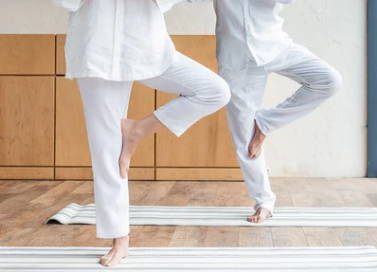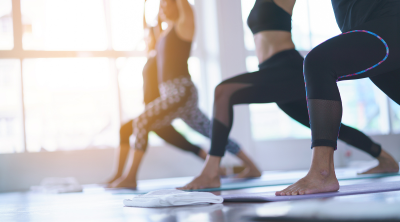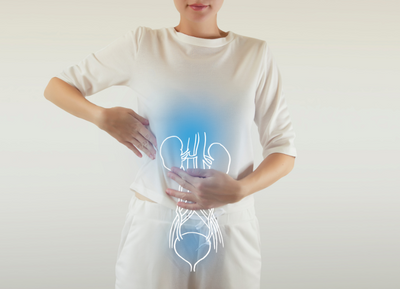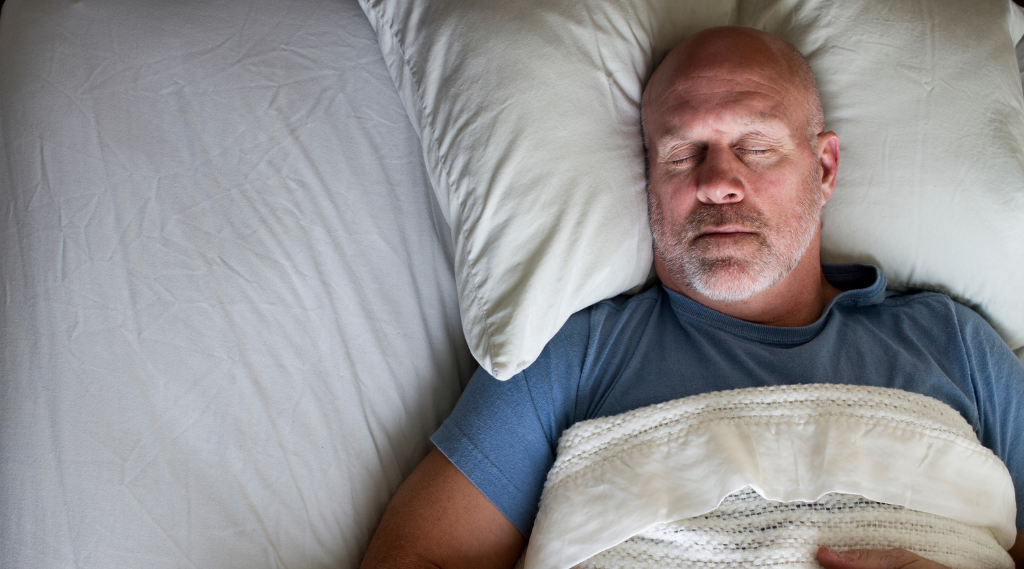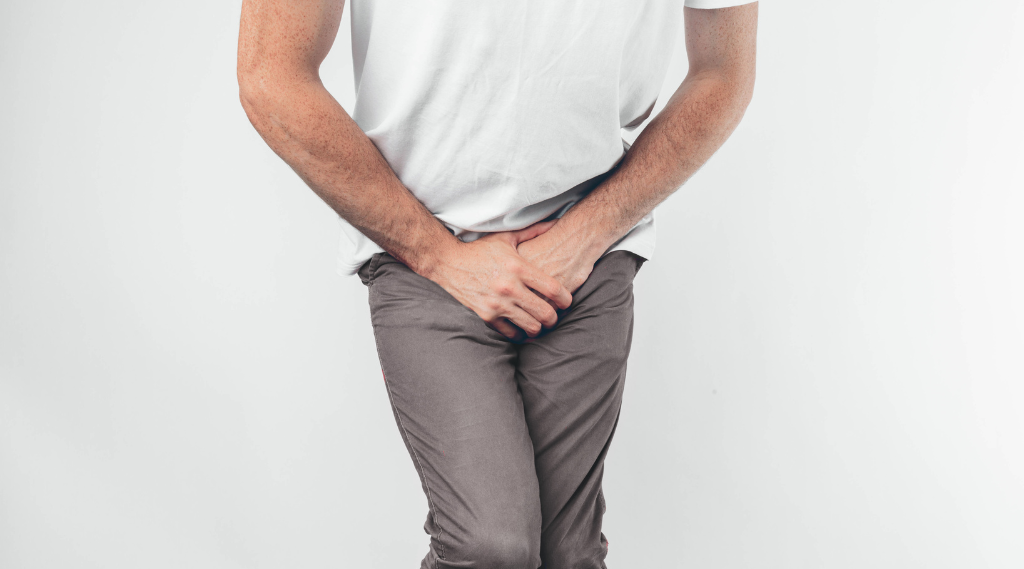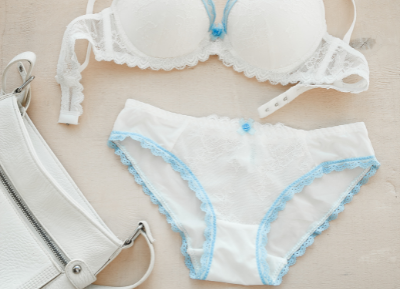Incontinence can develop on anyone regardless of age or gender. Incontinence can be daunting but understanding what it is and learning how to successfully manage it enables you to continue doing the things you love without fear or embarrassment. Many factors contribute to incontinence such as age, obesity and other medical conditions such as mental health, dementia, arthritis, diabetes, and more.
Types of Incontinence include:
Stress Incontinence
Urine leaks when exerting pressure on your bladder. E.g., when you: sneeze, cough, laugh, exercise, jump or do heavy lifting.
Urge incontinence
Your bladder feels the sudden urge to urinate without warning (in most case large amounts) and/or you need to urinate often including throughout the night.
Overflow incontinence
Your bladder continuously leak/dribbles due to being unable to empty properly.
Mixed incontinence
You experience more than one type of incontinence – generally a mix of urge and stress symptoms.
Functional incontinence
An impairment that makes you unable to urinate properly or make it to a toilet in time. E.g., you have arthritis, and you may not be able to unbutton your pants quick enough.
It’s important to maintain a healthy diet and perform regular exercise to promote good bladder health to aid prevention and manage your incontinence. If any of the above points sounds like you, it is recommended that you seek medical advice from your doctor.
